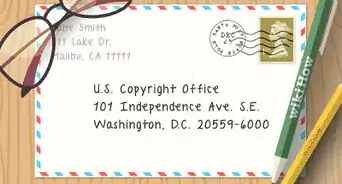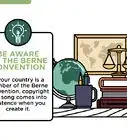This article was co-authored by Clinton M. Sandvick, JD, PhD. Clinton M. Sandvick worked as a civil litigator in California for over 7 years. He received his JD from the University of Wisconsin-Madison in 1998 and his PhD in American History from the University of Oregon in 2013.
This article has been viewed 32,446 times.
If you want to record a song, especially if you plan to make money from it, you may need a mechanical license with the copyright holder. You don’t likely need a license if you are just playing live music in clubs because the club owner is likely paying a fee to the performing rights organizations for license to use music in the club. For recording and distributing copies you need a mechanical license for each song to be used. Obtaining this license doesn’t have to be difficult if you follow a few basic steps.
Steps
Locating the Rights Holder
-
1Read the label. If you have the record or CD, the rights holders should be listed on the label. Frequently, the copyright holder makes the initial license to a publisher.
- If the label lists a publisher (such as Sony Music or Warner Brothers Records), start by contacting the publisher. If the publisher doesn’t hold rights to license the music, they will let you know.
- If the label doesn’t list a publisher and only lists a copyright owner, contact the copyright owner.
- If the rights holder’s contact information is not listed, you may need to do an internet search.
-
2Search the US Library of Congress. The US Library of Congress maintains copyright information for all copyrighted works. These records will provide you with contact information for the copyright holder at the time the copyright application was submitted. This information may not be up to date. To access this database:[1]
- Navigate to https://catalog.loc.gov/index.html
- Enter the name of the song in the search bar
- Select the entry for the song you want and click on the name of it
- The name of the copyright holder of the song and the publisher (copyright holder of the recording) will appear on the next screen
- You may need to do an internet search to find the contact information for these rights holders
Advertisement -
3Search the performing rights organizations. If a song is registered with a performing rights organization, that organization can give you the information you need to locate the rights holder. There are three major performing rights organizations in the United States.[2]
- BMI: Navigate to http://www.bmi.com/search. Enter the song title under “Search the BMI Repertoire”. After accepting the terms of service, songs of the same name will be displayed. You may have to click on several until you find the one you are looking for. After you locate the song you are searching for, click on any highlighted entry for contact information.
- ASCAP: Navigate to https://www.ascap.com/Home/ace-title-search/index.aspx and enter the song title. The writer, other performers, and the publisher will be displayed if the song is registered with ASCAP. Click on any highlighted entry for contact information.
Requesting Permission to Cover
-
1Phone the rights holder. If you have a telephone number for the rights holder, give them a call.
- Ask to speak with about getting a mechanical license.
- Let that person know you are interested in recording or otherwise performing a song in their catalog.
- Tell them what medium you plan to use: CD, tape, downloadable formats, video, etc.
- Tell them how many copies you plan to make and distribute.
- Ask what the fee will be per copy.
- Ask if they have a standard mechanical license they normally use.
-
2Write to the rights holder. If you have a mailing or e-mail address of the rights holder, you can send them a letter or e-mail.
- Introduce yourself and let them know you are interested in recording a cover of their song.
- Let them know the format you plan to use (CD, tape, video, etc.) and the number of copies you intend to make and distribute.
- Ask them to reply to you with the fees that will be charged and to forward you a copy of any standard mechanical license agreement they use.
- Provide your best contract information for their response.
-
3Use a third party to contact the rights holder. You can hire a third party to locate and negotiate your mechanical license for you. These third parties will likely charge an additional fee for this service.[3]
- An entertainment attorney can assist you and advise you about each clause of the licensing agreement.
- If you have an agent, your agent may be able to assist you in obtaining the mechanical license.
- Some businesses specialize in obtaining mechanical licenses. Do an online search for “mechanical license for music” to locate some.
Getting a Mechanical License
-
1Negotiate the terms. In most cases, the licensing fee will be a flat fee per sale made or copy pressed. This fee is set by law and is subject to change over time. Some things you want to consider in negotiating the contract are:
- The accounting method for determining when a sale or copy is made
- The frequency of payments
- The conditions under which the rights holder can audit your records
- The state whose laws will interpret the contract
- Any special procedures that will be followed in case of a disagreement or breach of the contract.
-
2Sign the contract. Once the contract has been negotiated, it must be reduced to writing and signed. Some contracts must be in writing to be enforced at all, but even if that does not apply to your contract, it is much easier for a court to determine the intent of the contract if it is in writing. Both parties (you and the rights holder) should sign the contract. You should both also keep a copy of the contract.[4]
-
3Keep accurate records. You should always keep accurate records of your business activities. When you are the holder of a mechanical license, you should include:[5]
- Record of any sales or copies as defined in the licensing agreement
- Record of any payments made to the rights holder or other payee as directed by the rights holder
- Any tax records you may be required to furnish the rights holder (such as IRS Form 1099-MISC).
-
4Be aware of the limitations of a mechanical license. A mechanical license allows you to record and distribute your cover version of a song. Your recording can be distributed on cd, tape, digital downloads,ringtones, etc, but not video. Things a mechanical license does not allow include:
- Make a video
- Reproduce someone else’s sound recording of the song
- Perform the song in public
- Print or display lyrics
- Print sheet music
- Use the song or lyrics in karaoke products
- Use the song as background music, digital jukebox, or ring backs.
Getting a Synchronization License
-
1Contact the publisher. A synchronization license allows you to make a video of your cover of a song. The publisher grants the synchronization license. To locate information about the publisher:
- Search the repertoire of BMI, SESAC, or ASCAP
- Search the Library of Congress
- Check the label of the original artist’s recording
-
2Negotiate the terms. If you only plan to post on YouTube, see if the publisher (and song) participates in the licensing agreement YouTube already has in place. If your song is included, you do not need a separate synchronization license. In most cases, the licensing fee will be a percentage of revenue from the video recording. Some things you want to consider in negotiating the contract are:[6]
- The accounting method for determining when a sale or copy is made
- The frequency of payments
- The conditions under which the rights holder can audit your records
- The state whose laws will interpret the contract
- Any special procedures that will be followed in case of a disagreement or breach of the contract.
-
3Sign the contract. Once the contract has been negotiated, it must be reduced to writing and signed. Some contracts must be in writing to be enforced at all, but even if that does not apply to your contract, it is much easier for a court to determine the intent of the contract if it is in writing. Both parties (you and the rights holder) should sign the contract. You should both also keep a copy of the contract.[7]
-
4Keep accurate records. You should always keep accurate records of your business activities. When you are the holder of a synchronization license, you should include:[8]
- Record of any sales or copies as defined in the licensing agreement
- Record of any payments made to the rights holder or other payee as directed by the rights holder
- Any tax records you may be required to furnish the rights holder (such as IRS Form 1099-MISC).
References
- ↑ http://www.loc.gov/
- ↑ http://blog.songtrust.com/songwriting-tips/pros-whats-the-difference/
- ↑ http://www.presonus.com/news/articles/how-to-sell-a-cover-song
- ↑ http://www.nolo.com/legal-encyclopedia/contracts-the-proper-signatures.html
- ↑ https://www.irs.gov/pub/irs-pdf/i1099msc.pdf
- ↑ http://members.cdbaby.com/license-your-music.aspx
- ↑ http://www.nolo.com/legal-encyclopedia/contracts-the-proper-signatures.html
- ↑ https://www.irs.gov/pub/irs-pdf/i1099msc.pdf

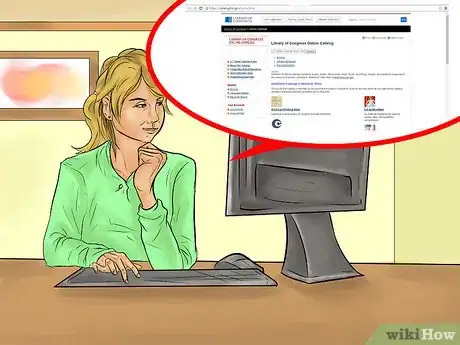







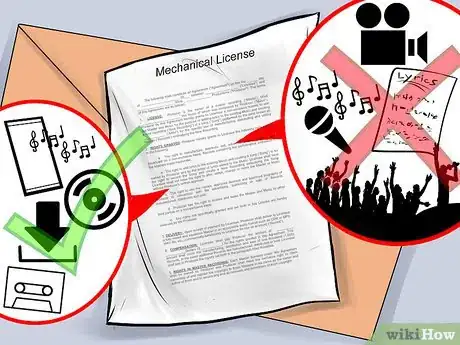
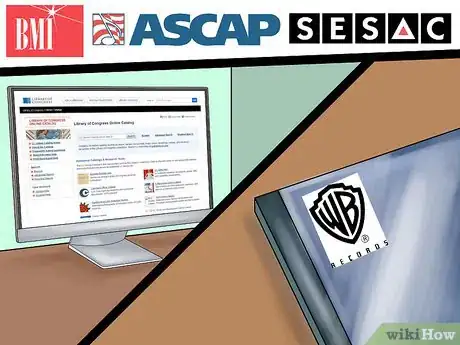
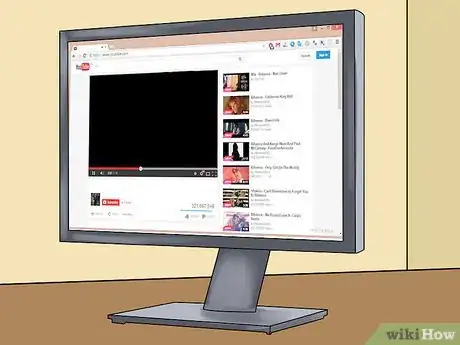


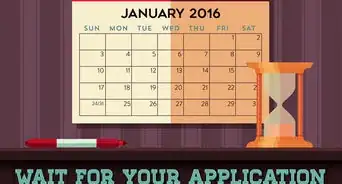

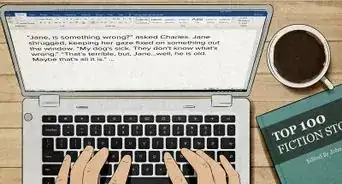
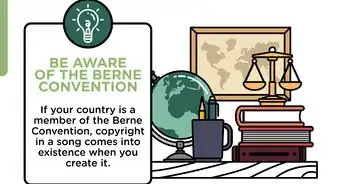
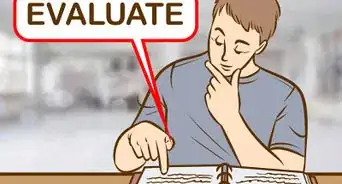
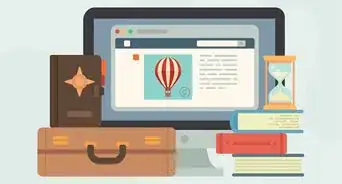
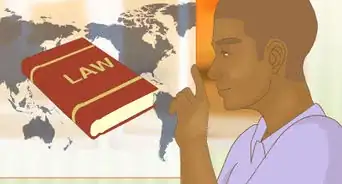

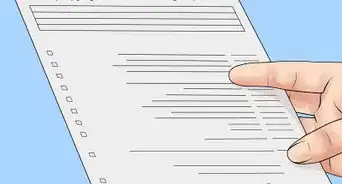

-Step-13.webp)
